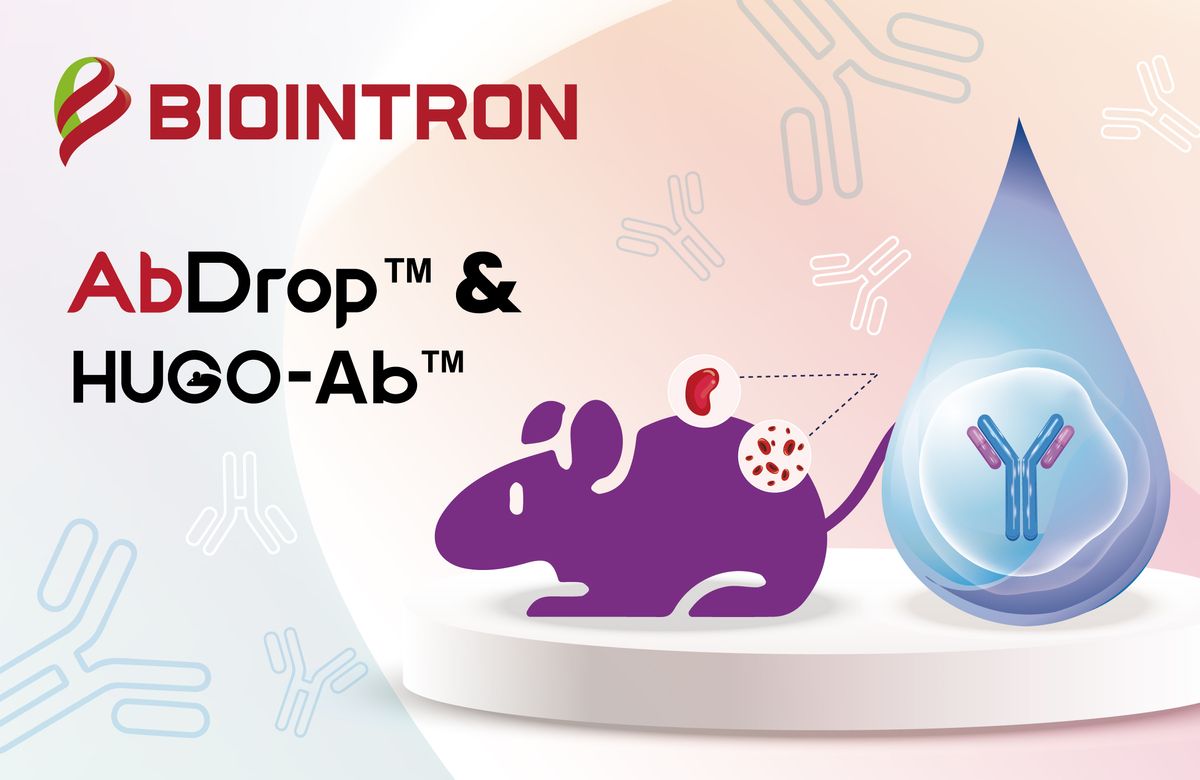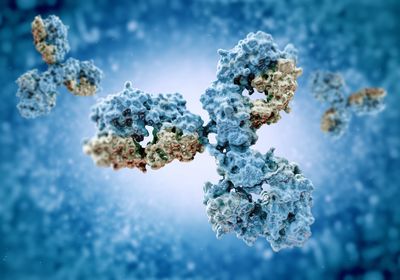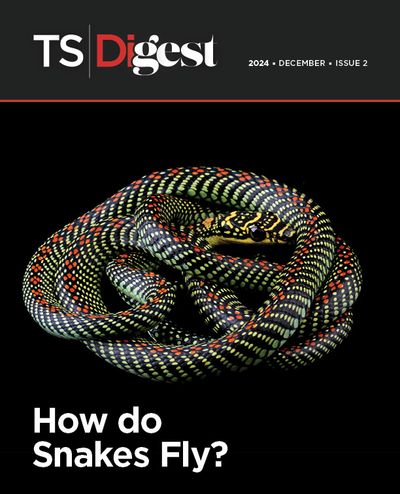Improving the Efficiency and Reliability of Fully Human Antibody Drug Development
Microfluidic technology enables high-throughput, droplet-based antibody discovery in fully human antibody mice.
Antibody discovery research paves the way for new therapeutics. The search for the right antibody for a specific therapeutic application necessitates several iterations of antibody production and screening. During this process, researchers test and re-test the function of candidate antibodies, which is a resource-heavy and laborious endeavor.

Traditional approaches, while tried and tested, present certain challenges. For example, hybridoma antibody screening, which involves fusing myeloma cells with antigen-activated B cells and then screening for target antibody production, is a multi-step and time-consuming process. Moreover, while traditional approaches use mice that have been genetically modified to produce human antibodies, these antibodies are not completely encoded by human genes and are, therefore, not considered fully human.
Microfluidic technology allows individual plasma B cells to be encapsulated in microdroplets and screened at high speed. This approach enables high-throughput, single-cell level analysis, ensuring researchers can screen vast numbers of antibodies while retaining high specificity and affinity for target antigens.
Best practices in antibody discovery also necessitate the production of fully human antibodies to ensure that scientists identify those that have high affinity and specificity for targeted human antigens. From a translational perspective, fully human antibodies have better safety and tolerance profiles because they are less likely to elicit an undesirable immune response in patients.
As a result, scientists seek new and innovative options that enable safer, more effective, and streamlined antibody discovery workflows. Among such approaches is Biointron’s high-throughput fully human antibody discovery platform. Combined with Cyagen’s HUGO-Ab™ fully human antibody transgenic mouse model, Biointron’s AbDrop™ technology enables microdroplet-based high-throughput screening of individual B cells by the millions. This approach halves the typical six-month discovery timeline to three months and offers an efficient and reliable next-generation platform for fully human antibody discovery.
Learn more about safer and more efficient fully human antibody discovery.
What is the biggest challenge you encounter when performing antibody discovery screening?


